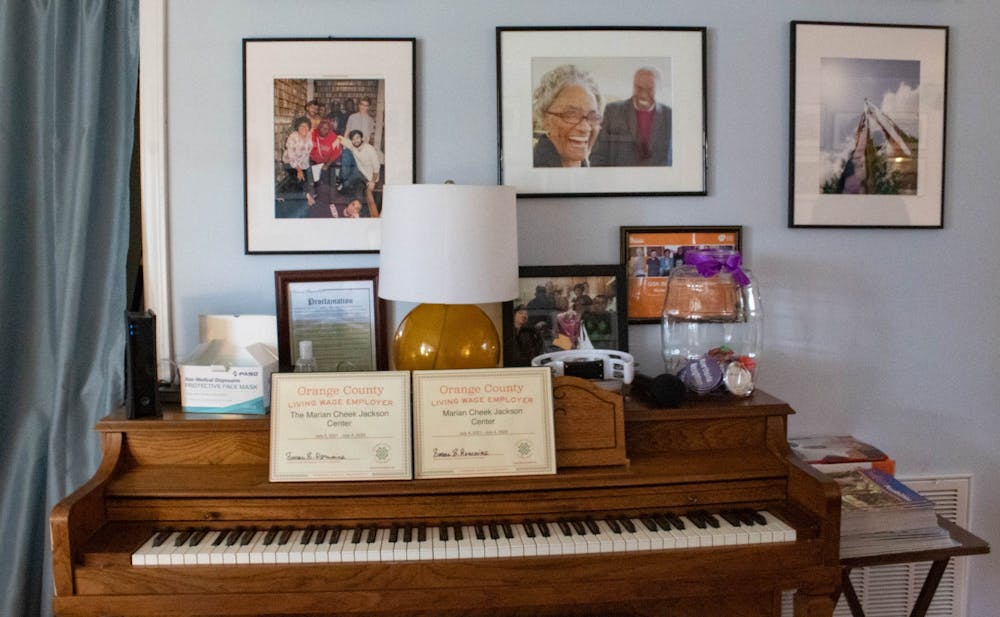After seeing a lack of community connectivity and knowledge of Chapel Hill’s civil rights history, Mae McLendon said she finds hope in the Marian Cheek Jackson Center.
McLendon, a community connector for MCJC and a former resident of both the Northside and Pine Knolls communities for a total of 40 years, said the center was getting started as she moved out of Northside.
“I think that welcoming feeling has increased with the work of the Jackson Center,” she said.
Rev. Troy Harrison of St. Joseph CME Church and UNC Professor Della Pollock founded the center in 2007 to preserve the oral history of the Northside neighborhood. Its goals have since evolved to include fostering housing justice for the Northside community, preserving civil rights and local history through education and cultivating a sense of community between neighbors.
McLendon attended Chapel Hill High School for two years and graduated in 1969. She said she experienced racism while attending the school, which had recently merged with Lincoln High School, an all-Black school.
“It took a protest," she said. "It took us walking out of class and sitting in, and saying ‘We ain’t taking it.’”
Aisha Booze-hall, the center's education and elder care coordinator, said she mostly focuses on preserving the local history of three of the seven historically Black neighborhoods in Chapel Hill and Carrboro by elevating stories like McLendon’s in K-12 classrooms.
The center’s educational programs allow for students to understand their own experiences and to look to history to find power in youth-led civic engagement, Booze-hall said.
“But if we don't share it or tell it, it can get forgotten, and there's no reason for that, especially when it's so, so beautiful and rich," Booze-hall said.



